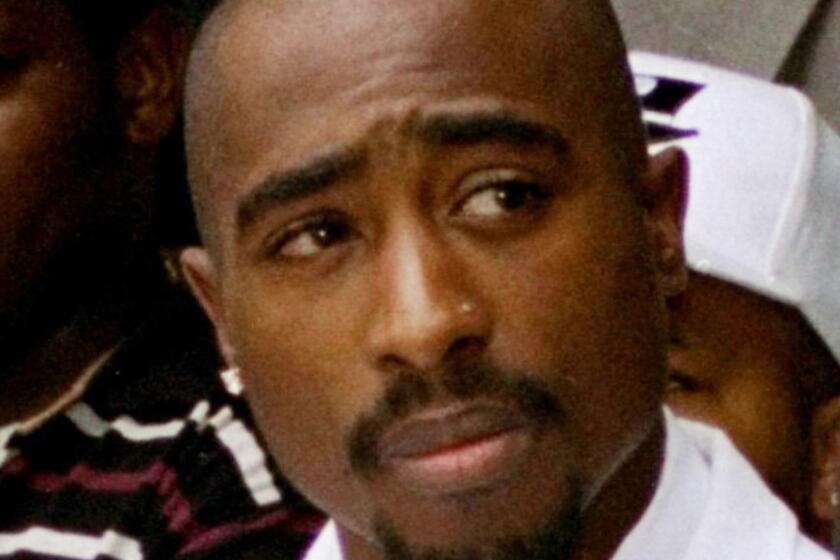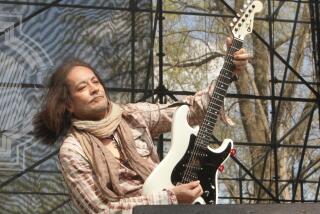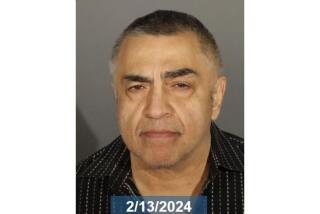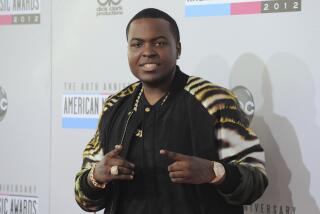Tupac Shakur killing: Police search Vegas-area home in connection with rapper’s fatal shooting
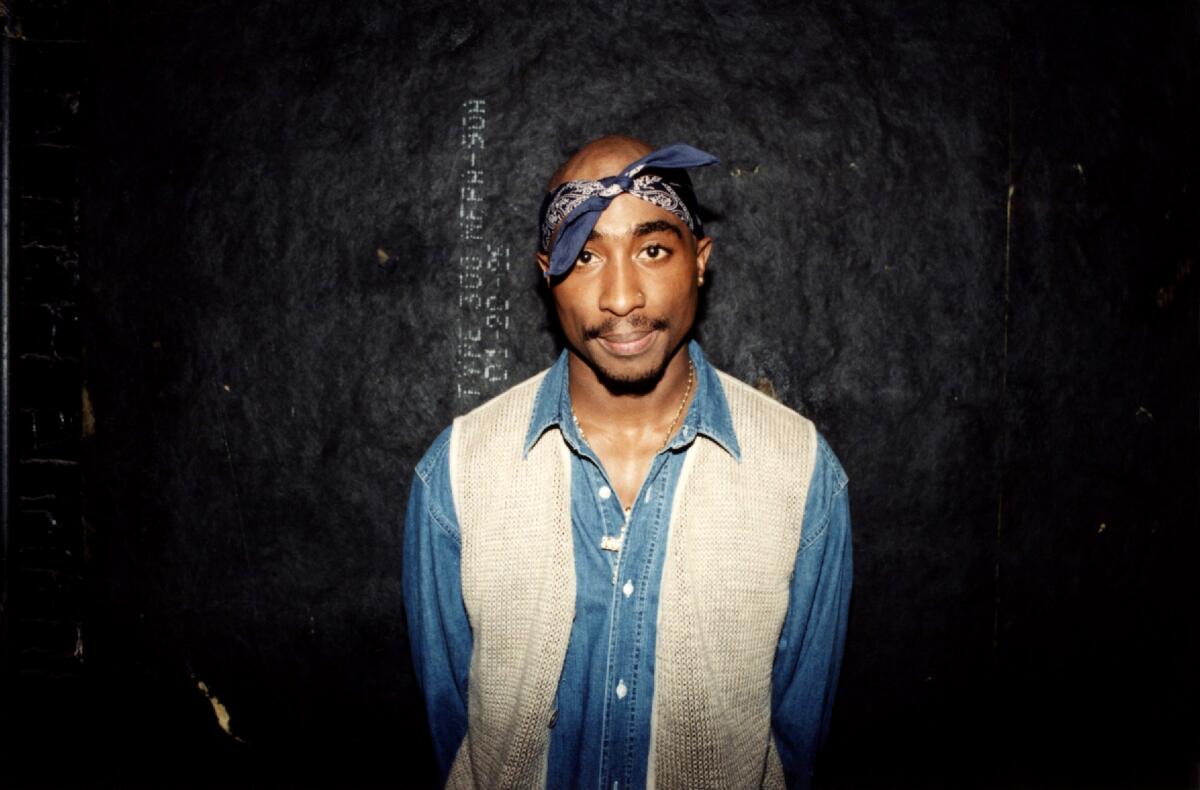
Las Vegas Metro police have searched a home in a Las Vegas suburb in connection with the unsolved slaying of Tupac Shakur 27 years ago, authorities said.
“LVMPD can confirm a search warrant was served in Henderson, Nevada, on July 17, 2023, as part of an ongoing investigation,” the Las Vegas Metro Police Department said in a statement released Tuesday. “We will have no further comment at this time.”
The statement is the first time in years any police agency has publicly revealed it is actively pursuing inquiries in the Sept. 7, 1996, shooting. Nevada does not have a statute of limitations for prosecuting homicide cases.
Shakur was gunned down while riding in a BMW driven by Marion “Suge” Knight. Knight, then-owner of Shakur’s record label, was leading a procession of luxury vehicles past the MGM Grand Hotel and Caesars Palace on their way to a hot new nightclub.
It was after 11 p.m. on a Saturday when the BMW paused at a crowded intersection a block from the Vegas Strip. Shakur was flirting with women in a nearby car, unaware that a white Cadillac had quietly pulled alongside the BMW. A hand emerged from the Cadillac, pointing a semiautomatic pistol straight at Shakur.
Four gunshots struck the legendary hip-hop artist, and one grazed Knight. Shakur died from his injuries six days later. He was 25.
Despite investigations by both Vegas and Los Angeles police as well as federal agencies, plus myriad theories involving conflicts, no one has ever been arrested in the killing.
But Las Vegas police have previously investigated Orlando Anderson, a reputed gang member, in connection with the slaying. Anderson died in May 1998 in a drug-related shootout at a Compton car wash.
Anderson was identified as having been involved in a physical altercation with Knight, Shakur and his bodyguards on the night of the fatal shooting. Anderson, 21, was a member of the Southside Crips. Shakur and Knight were affiliated with a rival Compton gang, the Mob Piru Bloods; Shakur’s bodyguards were also members of the Bloods.
Retired LAPD Det. Greg Kading alleged in his book, “Murder Rap,” that powerful East Coast hip-hop figures were behind the Vegas slaying. Kading was the Los Angeles detective who investigated the fatal shooting of Christopher Wallace, a.k.a. the Notorious B.I.G. Kading thought that killing was revenge for Shakur’s death.
Tupac Shakur will finally be honored with a star on the Hollywood Walk of Fame, more than 20 years after he was killed in 1996.
Shakur’s brief yet dominant musical career has embedded him as a central figure in hip-hop’s story. Rappers from Kendrick Lamar to Eminem to J. Cole have repeatedly sung praises for the rapper — both for his musical catalog and his determined work to advance social justice issues.
Born in 1971, Shakur came onto the rap scene 20 years later with his debut album, “2Pacalypse Now.” Although Shakur moved frequently during his childhood, it was Los Angeles where he put down roots as a recording artist. His music, which pulses with urgent political messages and tragic scenes of life in the low-income Black and brown neighborhoods of his youth, was rooted in West Coast hip-hop but exploded beyond L.A.
Alive and posthumously, Shakur sold more than 75 million records worldwide. His diamond-certified double album “All Eyes on Me,” the last released in his lifetime, earned a Grammy nomination for best rap album and included the G-funk classic “How Do U Want It,” his only song to reach No. 1 on the Billboard Hot 100.
His death, and that of New York rival Notorious B.I.G., who was slain six months after Shakur, has long been the subject of conspiracy theories and documentaries, including USA Network’s “Unsolved,” A&E’s “Who Killed Tupac?” and the 2015 movie “Murder Rap: Inside the Biggie and Tupac Murders.”
Last month, Shakur received his star on the Hollywood Walk of Fame. He was inducted into the Rock & Roll Hall of Fame in 2017, his first year of eligibility.
More to Read
Sign up for Essential California
The most important California stories and recommendations in your inbox every morning.
You may occasionally receive promotional content from the Los Angeles Times.
